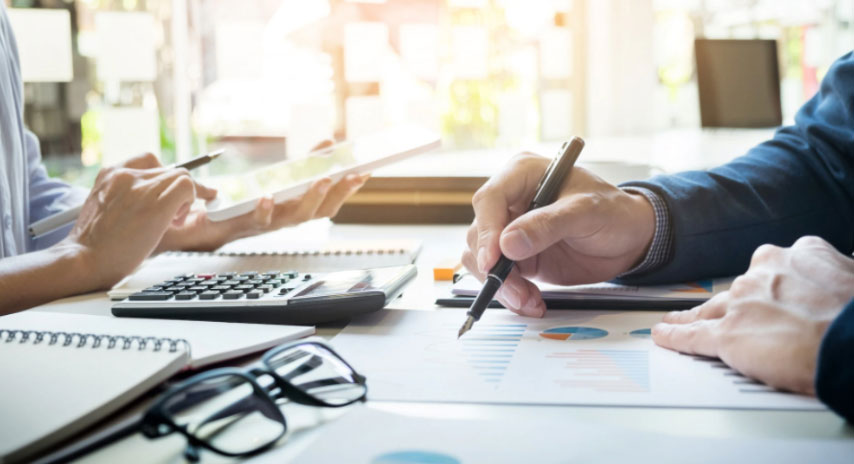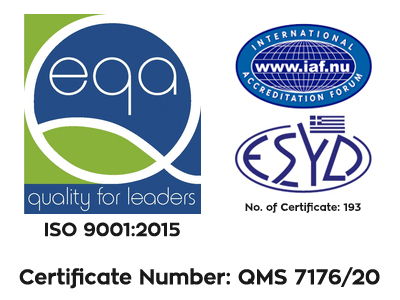An Economist is a professional who studies the production and distribution of goods, services and resources. They analyze financial data, develop economic theories and models, and provide financial forecasts and recommendations to businesses, governments, and other organizations. They also study the impact of economic policies and events on markets, economies and individuals.
To become an Economist, a person typically needs to have a bachelor’s degree in economics, statistics, mathematics or a related field. A master’s degree or Ph.D. in economics may be required for advanced positions or research positions. In addition, they may also be required to have strong analytical and critical thinking skills, knowledge of economics and finance, the ability to communicate effectively, and the ability to work independently and as part of a team.
The responsibilities of an Economist can vary depending on their employer and the specific role they hold, but some common responsibilities include:
An Economist is necessary in a company because they can provide valuable insights into the economic environment and help companies make informed decisions. They can also provide a strategic perspective on economic trends and the impact of economic policies and events, which can help companies to identify opportunities and challenges, and respond to economic challenges in a proactive way.
In the business world, an Economist’s role is to provide decision-makers with the information and analysis they need to make informed decisions. They may work in a variety of settings, including banks, consulting firms, government agencies, non-profit organizations and corporations. In these organizations, they may be involved in a wide range of activities, including economic forecasting, market research, policy analysis, and economic consulting.
In conclusion, an Economist is a highly trained professional who plays a critical role in providing decision-makers with the insights and analysis they need to make informed decisions. With their expertise in economics, finance, and data analysis, they are essential for companies, governments, and other organizations to understand the economic environment and respond to economic challenges in a proactive way. Whether working in a bank, consulting firm, government agency or corporation, an Economist can provide valuable insights and recommendations to help organizations achieve their goals and thrive in a constantly changing economic landscape.






